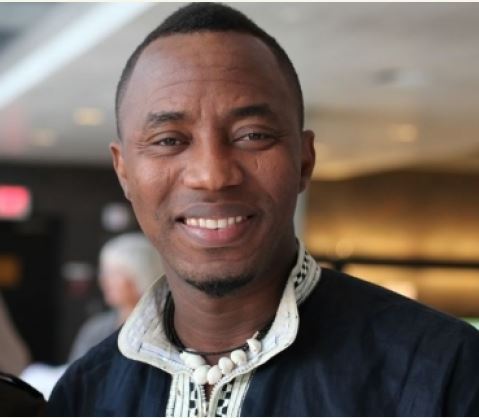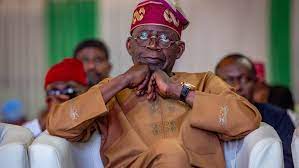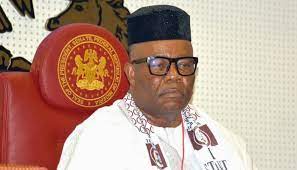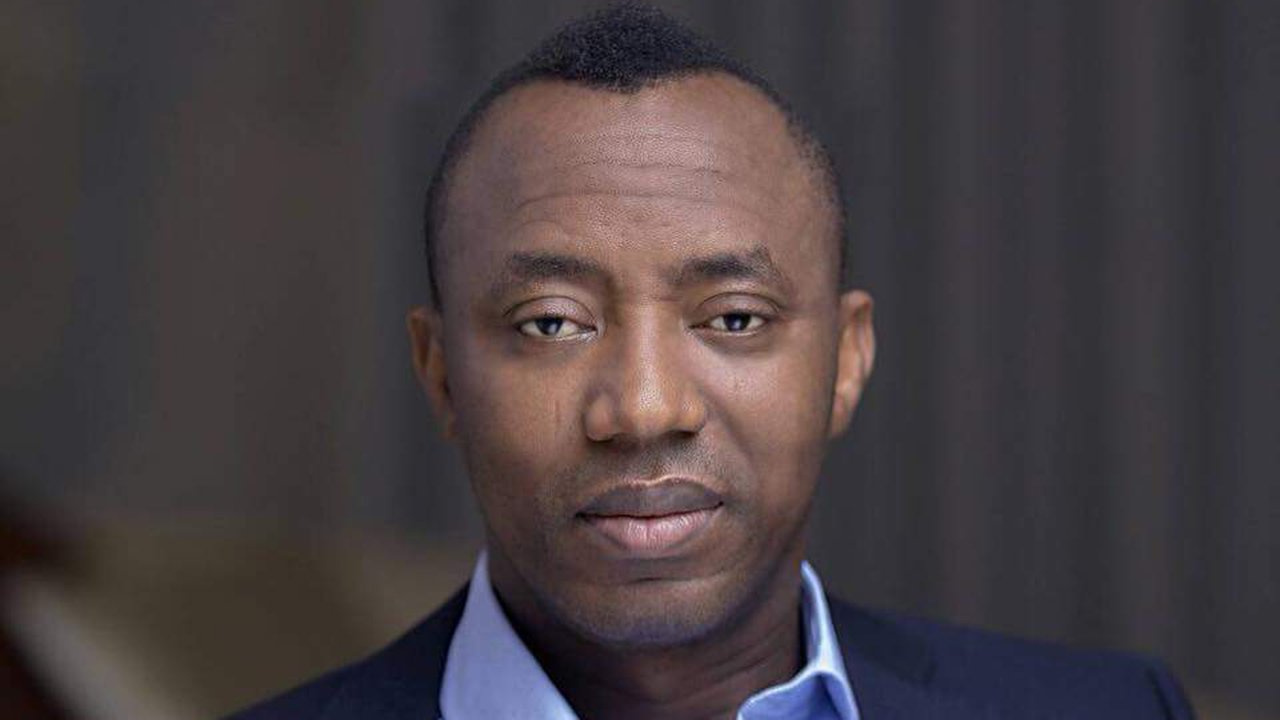Socio-Economic Rights and Accountability Project (SERAP) has lauded the decision by Justice Taiwo Taiwo of the Federal High Court in Abuja ordering the immediate release of the convener of #RevolutionNow protest, Mr. Omoyele Sowore, from the custody of the Department of State Service.
In a statement, SERAP Deputy Director Kolawole Oluwadare described the court order as a victory for the rule of law, human rights and judicial independence in the country.
“We hope this decision will make the Nigerian authorities and state governors stop and reflect on their ongoing crackdown on freedom of expression and media freedom including online, and also help to put an end to other human rights violations of journalists and citizens in general. Other journalists like Agba Jalingo and Ekanem Ekpo currently being detained, must be immediately and unconditionally released.”
“If a court found it possible to release Sowore, we are sure that all the circumstances were studied, and an objective decision was made.”
Recall that SERAP at the weekend sent an open letter to Mr Abukabar Malami, SAN, Attorney General of the Federation and Minister of Justice, urging him to use his position “to without delay enter a nolle prosequi and discontinue the prosecution of the Convener of ‘RevolutionNow’ protest and publisher of Sahara Reporters, Mr Omoyele Sowore, and Olawale Bakare, also known as Mandate for apparently politically motivated charges of treason, fraud and ‘insulting President Muhammadu Buhari’.”
SERAP said: “We urge you to use your role as a trustee of the public interest under section 174 of the Nigerian Constitution of 1999 (as amended) to end several of similar trumped-up cases going on in several states.”
“Sowore’s case and several similar cases instigated/brought by state governors make a hideous mockery of Nigeria’s criminal justice systems, rule of law, freedom of expression and media freedom. These cases are persecution and not prosecution. As guardian of the public interest, you have a role to end this travesty now, and to maintain the sanctity and integrity of Nigeria’s justice system.”
“These cases set a dangerous precedent for the misuse and subversion of the justice system, which may lead to the politicization of judiciary. This will be bad for everyone—ordinary citizens, journalists and even the politicians in power, as they may themselves become targets of these repressive and abusive tactics when they are out of power/in opposition.”

 Health5 days ago
Health5 days ago
 Entertainment7 days ago
Entertainment7 days ago
 Crime5 days ago
Crime5 days ago
 Education7 days ago
Education7 days ago
 Health7 days ago
Health7 days ago
 Comments and Issues6 days ago
Comments and Issues6 days ago
 Football6 days ago
Football6 days ago
 Latest6 days ago
Latest6 days ago












